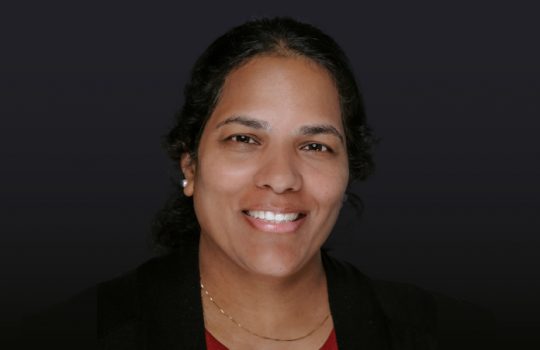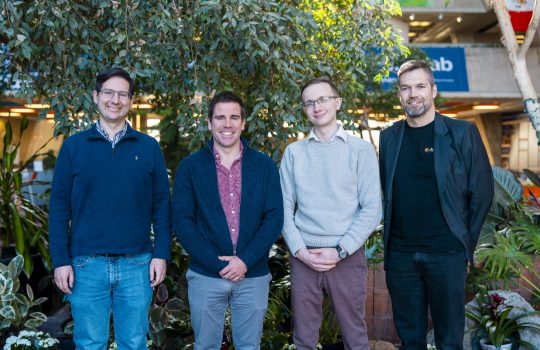Hundreds gather in Lead for the town-wide Neutrino Day
Newscenter 1 TV, Rapid City, July 12, 2025
The 17th annual Neutrino Day took place on July 12 in Lead, South Dakota. The festival is inspired by the Deep Underground Neutrino Experiment (DUNE), an international project operated in part at SURF.


